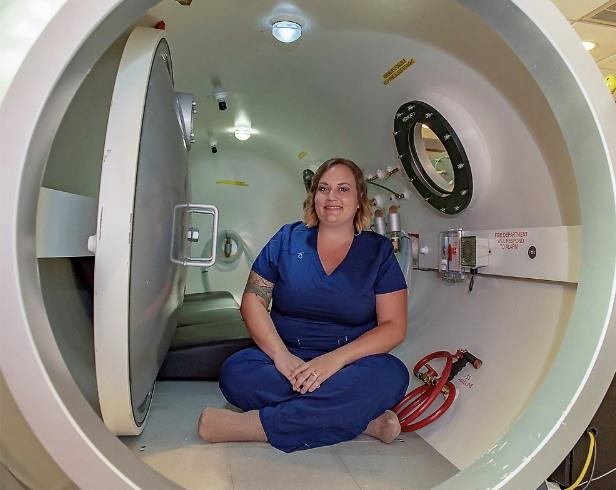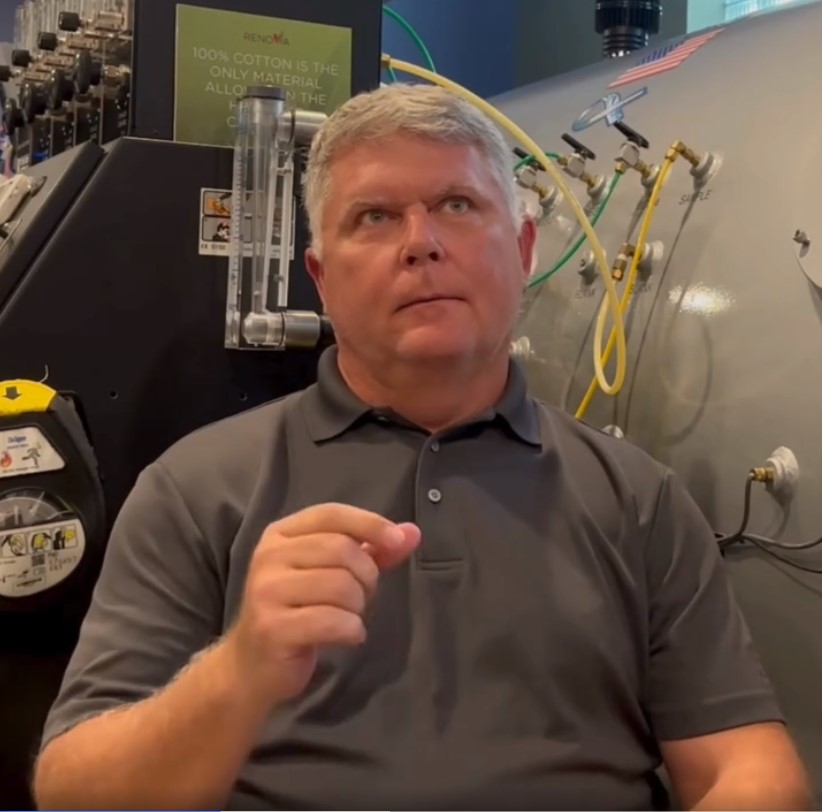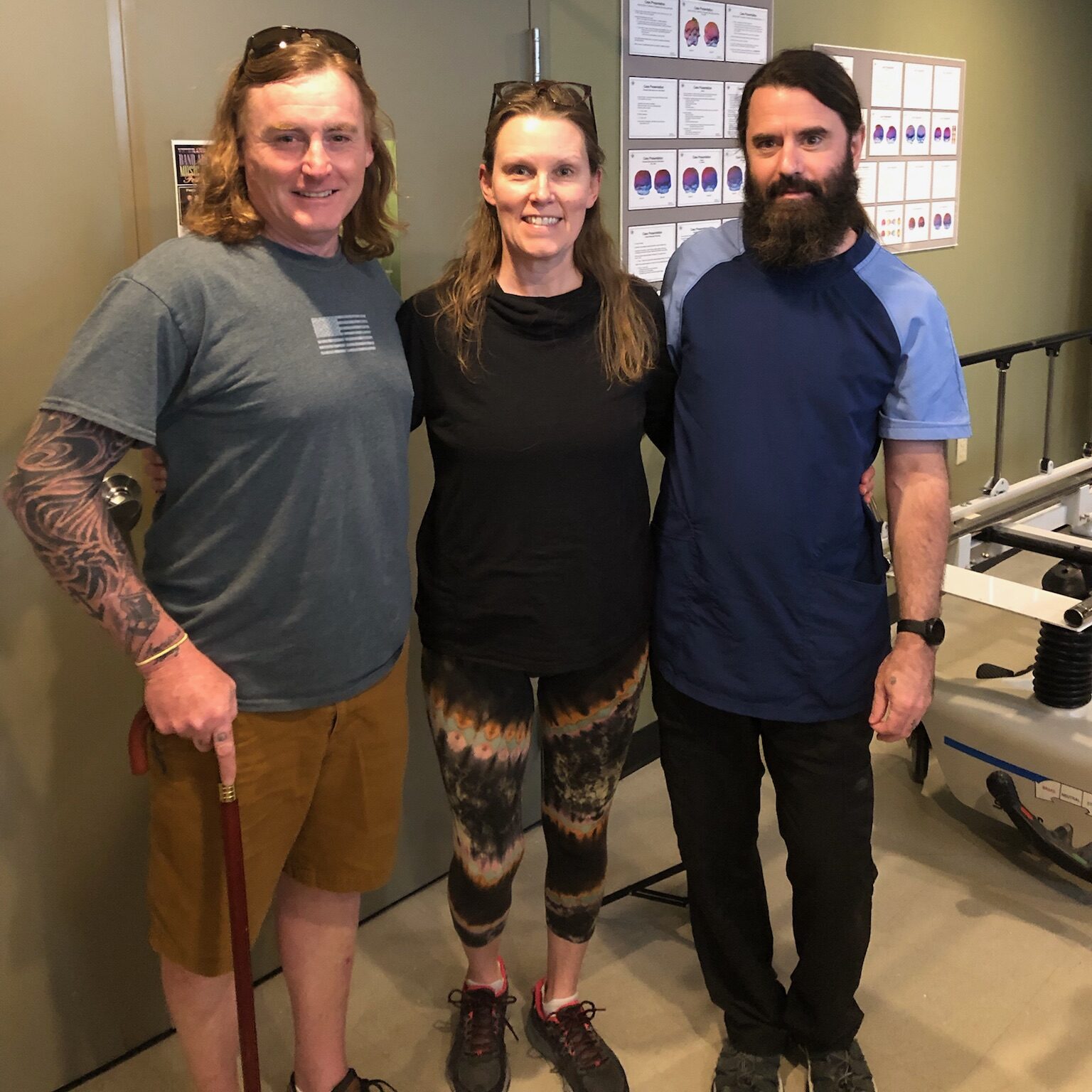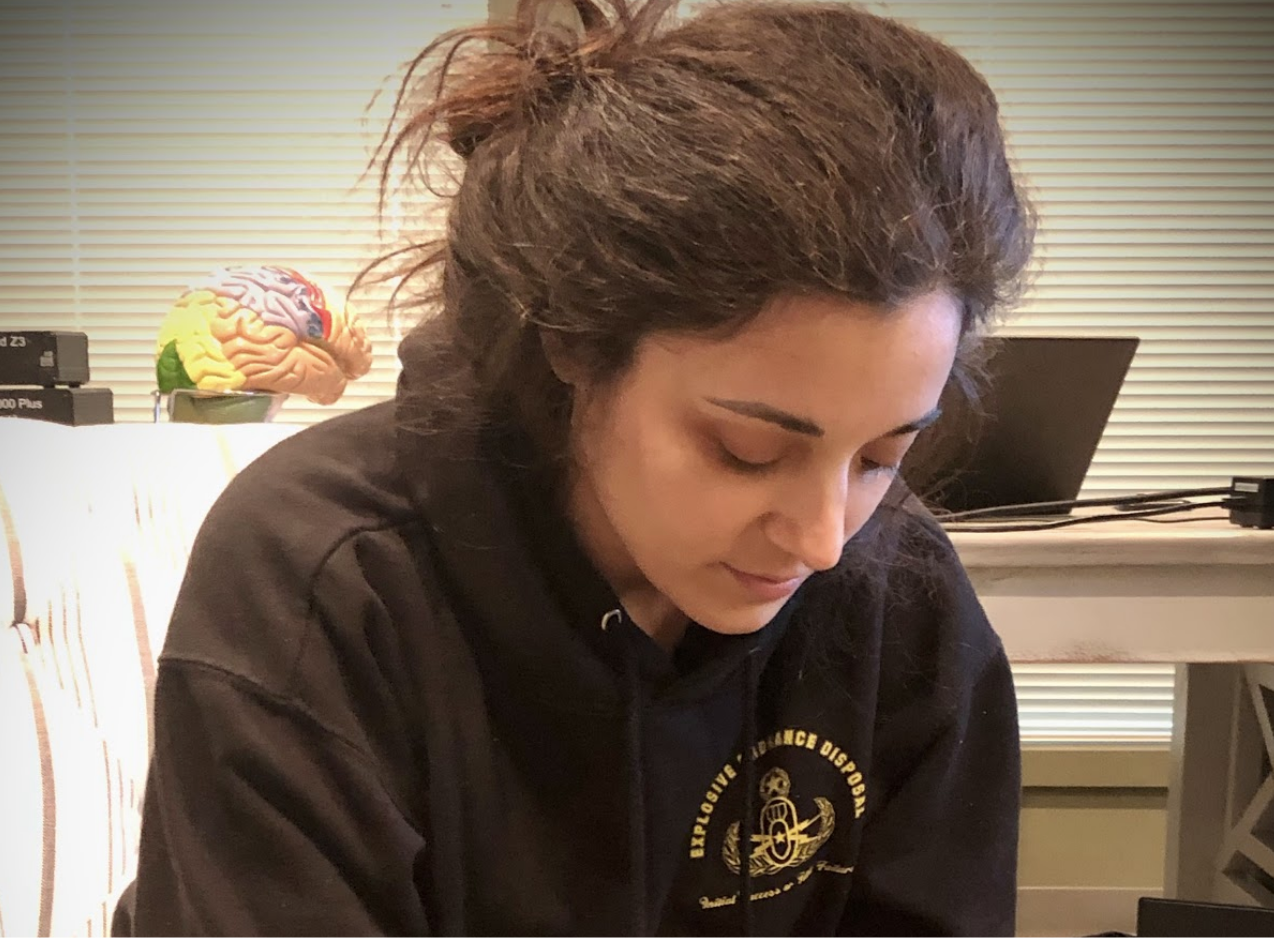
Inflammatory Bowel Disease
Inflammatory Bowel Disease (IBD) involves chronic inflammation to the digestive and intestinal tract. The two main types of IBD are Ulcerative Colitis (UC) and Crohn’s Disease (CD). Ulcerative Colitis causes inflammation in the digestive tract and Crohn’s Disease affects the lining of the digestive tract.
Both can lead to severe, painful symptoms. Symptoms such as reduced appetite, diarrhea, trouble going to the bathroom or frequent trips to the bathroom, bloody stools, weight loss, abdominal pain, fatigue, and more. Many patients stop responding to the approved drugs and steroids for IBD over time and nothing seems to help.
How can hyperbaric oxygen help?
Hyperbaric oxygen is a natural and noninvasive therapy that gets into the hypoxic areas of the body and can reduce inflammation and swelling, start the growth of new blood vessels, recruit stem cell production, speed healing, help remove toxins and metabolic waste from tissue and strengthen the immune system. Some patients who have gone through hyperbaric oxygen therapy have been able to get off steroid medication, have regular bowel movements, regain weight and return to living a healthy life as a result.
Research on HBOT for IBD
A 2021 Medical Gas Research narrative review of clinical and experimental studies concluded that “HBOT may exert its therapeutic effect by inhibiting inflammation and strengthening the antioxidant system, promoting the differentiation of colonic stem cells and recruiting cells involved in repair.” Of the 18 studies included in the review, the overall response rate of HBOT in ulcerative colitis was 83.24% and in Crohn’s disease was 81.89.
A 2012 systematic review by Dr. Dan Rossignol examined 13 studies that looked at the impact of HBOT on CD and 6 specifically for UC and summarized that HBOT absolutely helped both UC and CD by lowering inflammatory cytokines and reducing inflammation and evidence of oxidative stress. There was an approximate 86% improvement in CD patients and 88% improvement in UC patients. Followup endoscopy with 40 UC patients indicated a 100% response rate.
Cytokines play a crucial role in the “pathogenesis of inflammatory bowel diseases (IBDs), such as Crohn’s disease and ulcerative colitis, where they control multiple aspects of the inflammatory response. In particular, the imbalance between pro-inflammatory and anti-inflammatory cytokines that occurs in IBD impedes the resolution of inflammation and instead leads to disease perpetuation and tissue destruction.” (PubMed April 22, 2014)
“This [hyperbaric oxygen therapy] is a treatment for wounds in any location and any duration.” Dr. Paul Harch
Hyperbaric oxygen therapy is used every day in hospitals for wound healing. People with UC and CD basically have chronic, nonhealing intestinal wounds. Whether the wound is internal or external, it is essentially the same mechanism of healing with cytokine balancing, inflammation control and activation of the body’s own healing response.
In Part I of his nine-part YouTube series, “HBOT Conversations,” on HBOT News Network channel, world-renowned hyperbaric oxygen expert Dr. Paul Harch explains, “What people have to realize is that hyperbaric oxygen therapy is not a treatment for diseases. People have always thought that and that is the way it got defined in the United States, as a disease-specific treatment – it’s good for X, Y, and Z – these 13 diagnoses. The reality is, it is a treatment for disease processes, the processes that cause the diseases. And these are basic processes that are present in many, many diseases. That’s why hyperbaric oxygen can be applied to so many of them….And if you look at them, the vast majority can be understood as “wounding conditions.” This is a treatment for wounds, in any location and of any duration.”
Tier I Therapy Centers has been helping patients with internal and external wounds heal since 2014. Contact us today for a consultation!
*Disclaimer: Information provided here is not to be considered medical advice. Hyperbaric oxygen therapy for non-FDA approved, off-label indications is considered to be investigational.



